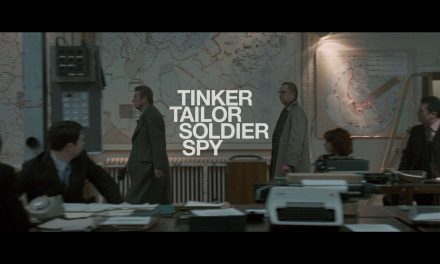In Italy, as in a number of other European countries, American films and television programs undergo the process of dubbing. In the United States, however, Italian films and television programs are almost exclusively subtitled, and very rarely dubbed. Although American products have historically been much more successful in Italy than their Italian counterparts in the United States, things are slowly starting to change. In the 21st century, the success of Italian-made films and television programs in the Anglophone world has certainly benefited from the popularity of streaming services like Netflix and Amazon, whose platforms host a multitude of international releases. In both contexts, the intervention of professionals in the field of audio-visual translation is instrumental in facilitating the cross-cultural needs of these commercial and artistic exchanges. The processes of audiovisual or “screen” translation present distinctive linguistic and socio-cultural challenges that require creative and innovative solutions.
The Editors of the Journal of Screen Translation Studies (a peer-reviewed, web-based, open-access publication housed at the University of Connecticut) are soliciting contributions for their inaugural issue. We are seeking scholarly articles that examine the numerous challenges (technical, formal, linguistic, cultural, etc.) that audio-visual translators take on in preparing feature films and TV shows for international distribution, with a specific focus on products imported to or exported from Italy. Perspective authors are also encouraged to consider the political and commercial implications of this process. Furthermore, for the purpose of this volume, the Editors will consider contributions offering a comparative study of how foreign (non-Italophone and non-Anglophone) filmic products have been both dubbed in Italian and subtitled in English for international audiences.
JSTS publishes original, interdisciplinary scholarship operating at the intersection between Translation Studies and Film & Television Studies. Articles in English (following MLA standards for citations) are preferred, but submissions in other languages will be considered as well. Interested authors are encouraged to contact the Editors by email before submitting their work, and to include a title and a short abstract (500 words maximum) along with their query.
Submissions are due by Sept. 30th, 2021.





